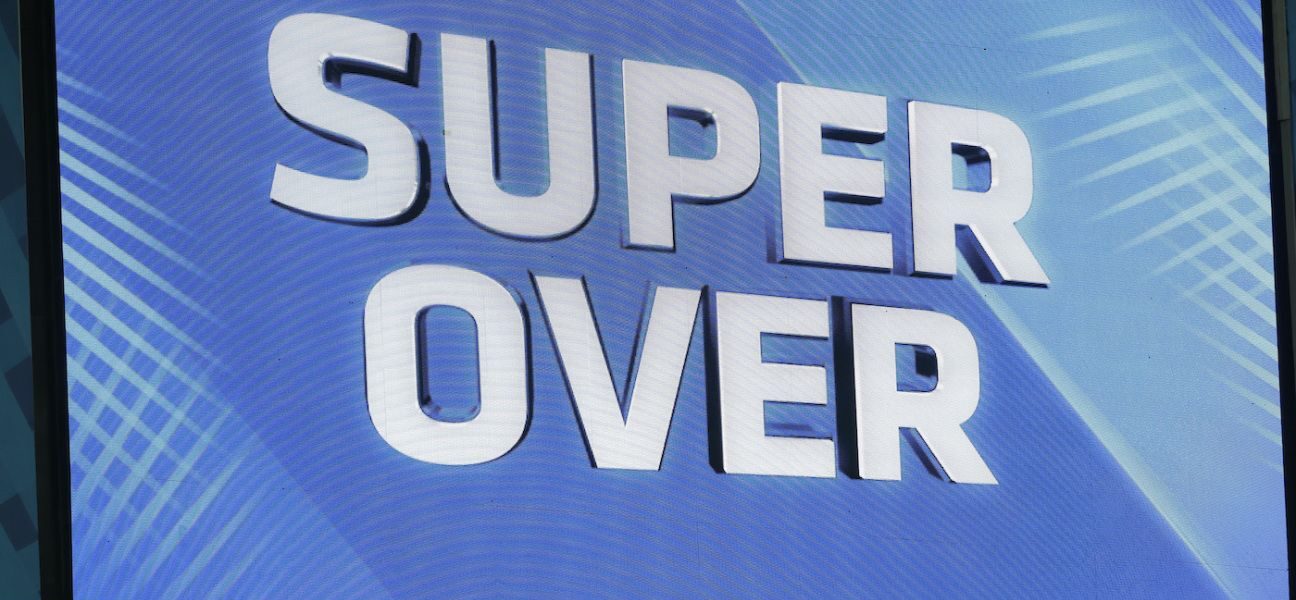While the umpires brushed off the bails to signal the end of the match after the tie, neither team enquired about the absence of the Super Over, with the players shaking hands immediately. Questions, though, quickly started to pile up n social media.
The latest edition of the ODI playing conditions, released by the ICC in December 2023, says this: “If the teams’ scores are equal after both innings have been completed, then a Super Over shall be played. If the Super Over is a tie, then unless exceptional circumstances arise subsequent Super Overs shall be played until there is a winner. Should it not be possible to play or to complete the Super Overs needed to determine a winner, the match shall be tied.”
It is understood that Madugalle, Wilson and Wimalasiri did not immediately discuss any specific reason behind not having the Super Over. Following later discussions, though, the match officials decided they would activate the Super Over in case there was another tie in the remaining two ODIs of the three-match series, which was eventually won by Sri Lanka 2-0.
In the match in question, India needed five runs from the final three overs, with two wickets in hand, to chase down the target of 231. Shivam Dube managed a four, before India lost consecutive wickets in the 48th over, delivered by the hosts’ newly appointed captain Charith Asalanka, resulting in the tie.


